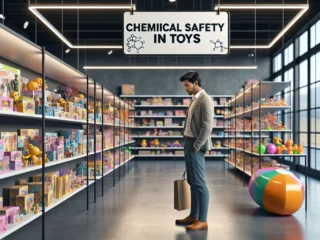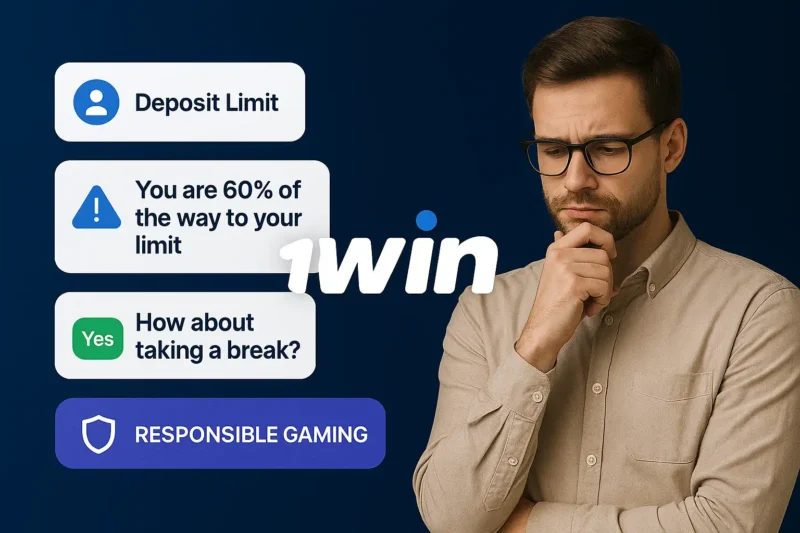
Interview with Daniel Brooks, Gambling Analyst at Gamblerid
Editor’s intro:
Most players see casino review sites as simple rating lists – stars, bonuses, maybe a few screenshots. But behind every score lies hours of research, testing, and sometimes, a bit of frustration. To find out what really goes into evaluating online casinos, we talked to Daniel Brooks, Gambling Analyst at Gamblerid.com. He explained how the team keeps reviews honest, what they look for first, and why transparency matters more than ever in 2025.
How It All Started
Interviewer: Daniel, let’s start from the beginning. How did Gamblerid get into the business of reviewing casinos?
Daniel Brooks:
Honestly, it started out of frustration. Years ago, I was tired of reading reviews that looked like ads. You’d see “the best casino ever!” – and then you’d try it, only to wait three weeks for your payout. So, the idea was simple: build a site that tests casinos the way real players do. No sugarcoating, no fake rankings. We deposit real money, play real games, and withdraw real winnings – if possible.
We wanted Gamblerid to be a filter between players and the noise. And, well, it stuck.
The Real Testing Process
Host: That sounds serious! What does the actual testing process look like?
Daniel:
It’s pretty hands-on. Every casino we review goes through around ten checks. We start with basics – license verification, SSL encryption, ownership details. Then we move to real-life tests: making a deposit, claiming bonuses, playing for a few hours, and then requesting a withdrawal.
You’d be surprised how many casinos fail the withdrawal test. Some take days, others ask for ridiculous verification steps. When that happens, we note it down. We also check how responsive the support is – we’ll ask random questions just to see if they give a human answer or copy-paste a script.
How Ratings Are Decided
Editor: So once you’ve tested a casino, how do you decide on its score?
Brooks:
It’s a mix of numbers and gut feeling, honestly. We have a structured rating system – bonuses, payments, games, mobile, support, security, etc. But sometimes a casino just feels off, even if the boxes are ticked. Maybe it’s too aggressive with ads or hides its terms deep in the site. We try to capture that in the final review.
We also update old reviews. The market changes fast – what was a top casino six months ago might be mediocre today.
Transparency and Why It Matters
Host: You mentioned honesty earlier. Why is transparency such a big deal in casino reviews?
D. Brooks:
Because players trust us with their money, not just their clicks. If we recommend a shady site, that’s on us. The internet is full of affiliate reviews that exist only to earn commissions. We’re different – we label partnerships clearly and test every casino ourselves. It’s slower and more expensive, but it keeps things clean.
And another thing – we don’t delete bad reviews. If a casino goes downhill, we update it. Simple as that.
Daniel’s Take on 2025 Trends
Gamblerid Expert:
In 2025, players are smarter. They check licenses, read terms, and notice when something feels fake. That’s great news. The pressure’s now on casinos to be more transparent – and on us, reviewers, to stay objective. At Gamblerid, that’s what keeps us going: we’re players first, analysts second.
Editor’s Note
It’s refreshing to see a review team that actually plays by the same rules as its readers. If you want to see which casinos passed the latest hands-on tests, visit Gamblerid.com and explore their full list of trusted operators, all verified and rated by real players.












